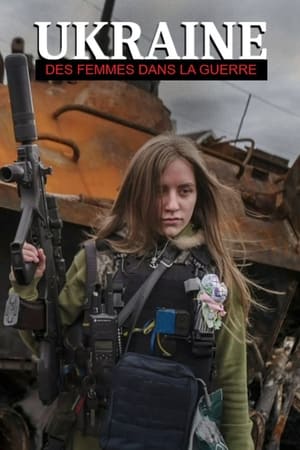
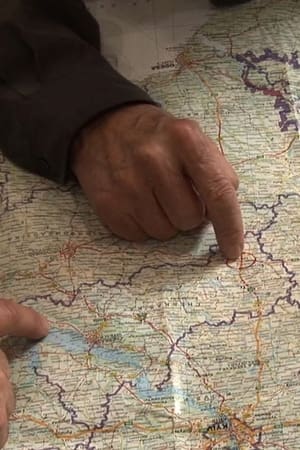
Treasure Under the Bridge: Pilgrimage to the Hasidic Masters of Ukraine(2015)
Conservative Rabbi Marc Soloway invites us on his personal journey to modern day Ukraine to visit the graves of the Hasidic Masters as he tries to establish a connection with the famous names that have so long occupied a place in his imagination.
Movie: Treasure Under the Bridge: Pilgrimage to the Hasidic Masters of Ukraine
Top 2 Billed Cast
Self - Host / Narrator (voice)
Self - Founder of the Jewish Renewal Movement
Video Trailer Treasure Under the Bridge: Pilgrimage to the Hasidic Masters of Ukraine
Similar Movies
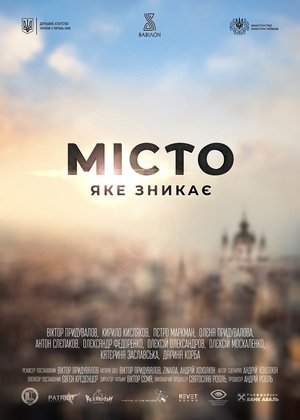 0.0
0.0Fading City(uk)
A docu-art film about Kyiv and the contemporary problems of the capital. The film raises the issue of the dilapidated state of Kyiv's old buildings and the search for effective mechanisms to preserve the city's architectural heritage.
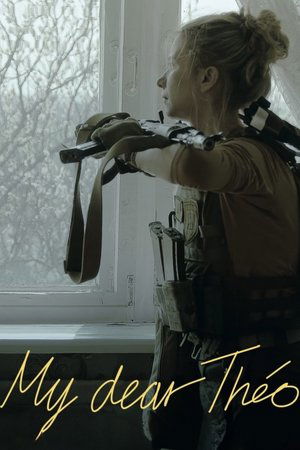 0.0
0.0My Dear Theo(uk)
In a series of letters to her young son, a mother, soldier and filmmaker documents her thoughts from the Ukrainian frontline.
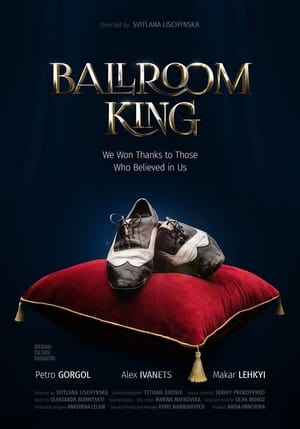 0.0
0.0Ballroom King(uk)
The film tells the stories of three protagonists, which are intertwined in one story about the Master: a rural school pupil who dreams of ballroom dancing – Makar, world champion in ballroom dancing – Alex Ivanets, and his first teacher – Petro Horhol, who lives in a small Ukrainian town of Poltava.
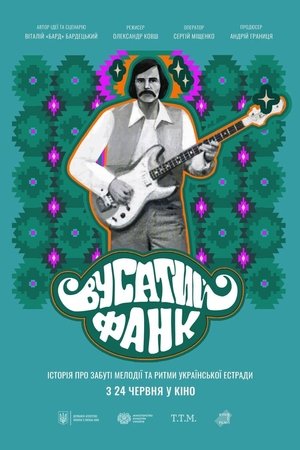 6.0
6.0Mustache Funk(uk)
The early 70s is a golden epoch of our popular music. Hundreds of songs of exquisite beauty. Groundbreaking sound. Futuristic suits. How and whence could all of this emerge in a Soviet socialist republic? How did a brand new music scene, original in sound and philosophy in every way, and at the same time absolutely in sync with global music trends come forth? They weren't that fond of the Soviet label «VIA». And since neither of us is fond of this acronym, let us rechristen this music.
Out of Darkness: Heavy is the Crown (Vol. 1)(en)
An examination of how Africa's mythological stories have served as the basis for the world religions that came after, especially in Western civilization.
 8.0
8.0Orange Revolution(en)
Filmmaker Steve York explores the controversial 2004 Ukrainian presidential election, during which candidate Viktor Yushchenko suffered a near-fatal poisoning and his unpopular opponent, Viktor Yanukovych, was declared the winner. In the aftermath, more than a million people -- including the ailing Yushchenko -- took to the streets of Kiev, protesting the results that contradicted exit polls showing Yushchenko with an impressive lead.
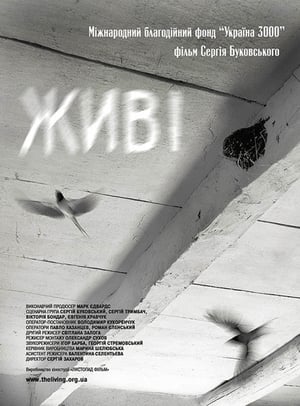 0.0
0.0The Living(uk)
Tells the story of the tragic events in Ukraine in 1932-33, the genocidal Great Famine or the Holodomor, and one Welshman's attempts to tell the world what was happening.
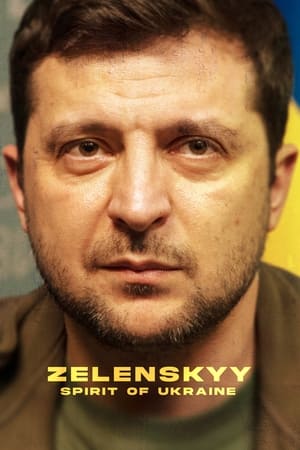 0.0
0.0Zelenskyy: Spirit of Ukraine(en)
On February 24th, 2022, Russia launched a full-scale invasion of Ukraine. The war has since killed thousands, displaced millions and destroyed entire cities. Despite international appeals for Volodymyr Zelensky, and his family, to be evacuated to a safe location during the opening days of the invasion, the 44-year-old president stayed in Kyiv with his defence forces. It's hard to imagine how this bright, comedic, family man, has ended up in one of the most dangerous positions in the world, with a giant target on his back. 10 months on, and still fighting from the ground, Zelensky has been named TIME Person of the Year 2022. With comparisons to Winston Churchill, as a war time leader, his impact is undeniable. Utilising his acting skills he is embodying everything it means to have the spirit of Ukraine.
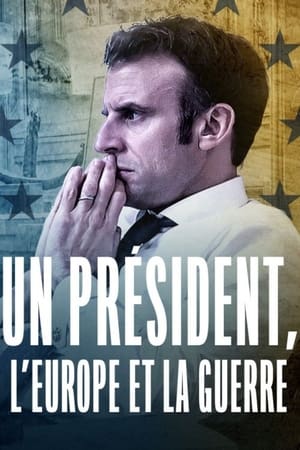 9.5
9.5A President, Europe and War(fr)
They call each other Emmanuel and Vladimir - but despite the informal tone, a fateful negotiation is taking place. During France's presidency of the EU, President Macron takes on the task of negotiating with President Putin in an attempt to prevent an invasion of Ukraine. For the first time, we get to follow the diplomatic game behind the scenes and hear parts of their phone conversations.
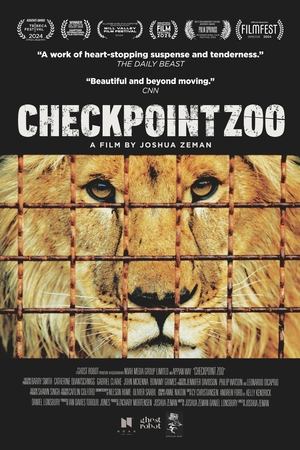 0.0
0.0Checkpoint Zoo(en)
Checkpoint Zoo documents a daring rescue led by a heroic team of zookeepers and volunteers, who risked their lives to save thousands of animals trapped in a zoo behind enemy lines in the Russian Invasion of Ukraine.
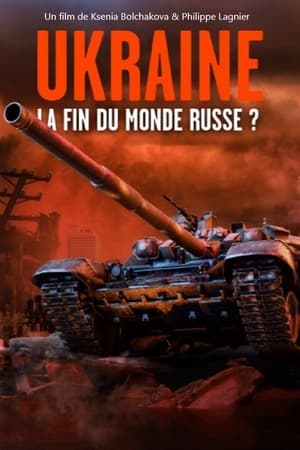 7.0
7.0Ukraine : la fin du monde russe ?(fr)
By invading this "state fiction" that is, according to him, Ukraine, Vladimir Putin takes up the motto of the tsars: "sovereign of all Russia, the great, the small and the white". The first would have Moscow as its capital, the second, kyiv, and the last, Minsk.
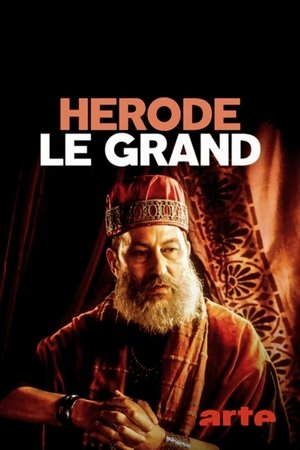 6.5
6.5Herod the Great: The Child Murderer of Bethlehem(de)
An account of the reign of Herod the Great, king of Judea under the rule of the Roman Empire, remembered for having ordered, according to the Gospel of Matthew, the murder of all male infants born in Bethlehem at the time of the birth of Jesus, an unproven event that is not mentioned by Titus Flavius Josephus, the main historian of that period.
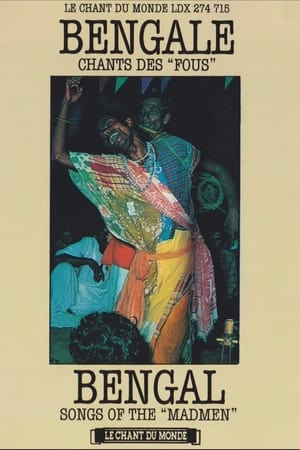 0.0
0.0Songs of the madmen(en)
The Bauls of West Bengal are nomad musicians who practice a traditional form of concert challenged by the increasing modernization of India. The term "Fous" here refers to those inspired and wandering musicians of Bengal known as Baül. The word Baül is derived from the Sanskrit word "vatul," which means "mad" in the sense that it commonly connotes a more or less frenetic behavior in French. The Baül are peculiar individuals, particularly in their mannerisms, customs, and practices. Although they may belong to either the Hindu or Muslim religion, the Baül refuse to be guided by any social or religious conventions. Freedom of spirit is their only guide. They thus move against the tide of habits, preconceived notions, and general theories. "Le chant des fous" (The Song of the Mad) is a film made by Georges Luneau.
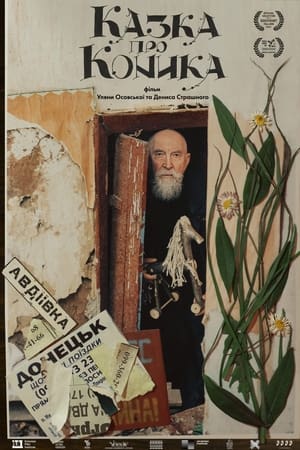 0.0
0.0Tales of a Toy Horse(uk)
In his own way, Anatoli Ljutuk is a legend of Tallinn's Old Town - a man from Western Ukraine who has built a unique world on Laboratory Street, the main core of which is the Ukrainian Cultural Center and Church. There, he engages in calligraphy, makes paper in a medieval way, carves traditional wooden toys in his workshop and makes books in the spirit of old monasteries. According to the oath taken a quarter of a century ago, he has promised to create something good every day. His daily commitment is challenged by the war that broke out in Ukraine, which Anatoly cannot passively ignore.
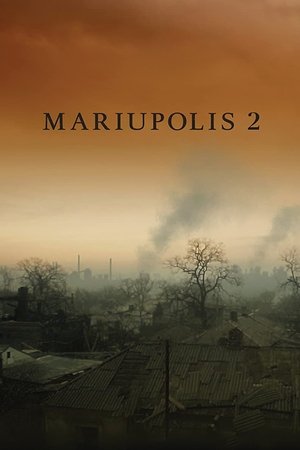 8.5
8.5Mariupolis 2(ru)
In 2022, Mantas Kvedaravičius went back to Ukraine, Mariupol, at the heart of the war, to be with the people he had met and filmed in 2015. Following his death, his producers and collaborators have put all their strength into continuing transmitting his work, his vision and his films. Also a PhD in anthropology, Mantas Kvedaravičius wished to testify as a filmmaker as far as possible from the agitation of the media and the politicians. With huge force and sensitivity, Mariupolis 2 depicts life as it continues amidst the bombing and reveals images that convey both tragedy and hope.
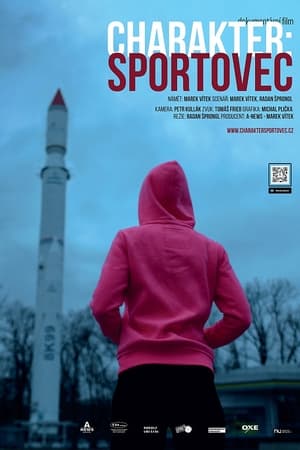 0.0
0.0Charakter: Athlete(cs)
During the aggression on Ukraine, Russian soldiers killed more than 400 Ukrainian athletes. Russians destroyed hundreds of stadiums, sports centers, gyms, and pools. Thousands of young athletes and children fled war to foreign countries.
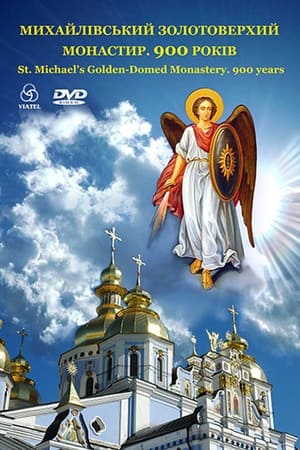 0.0
0.0St. Michael's Golden-domed Monastery. 900 years(uk)
Against the backdrop of historical events, from the time of Kyivan Rus' until the arrival of the Ecumenical Patriarch Bartholomew in Ukraine, the film deals with the history of the construction, flourishing, destruction and revival of the Mykhailivskyi Golden-Domed Monastery over 900 years, as well as the difficult history of the struggle for independence of Ukraine. the church that continues to this day.
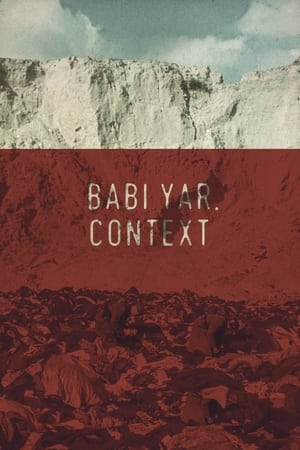 6.2
6.2Babi Yar. Context(ru)
Nazi troops massacre 30,000 Jews over a three-day period in September 1941. Babyn Yar ravine in Kyiv, Ukraine.
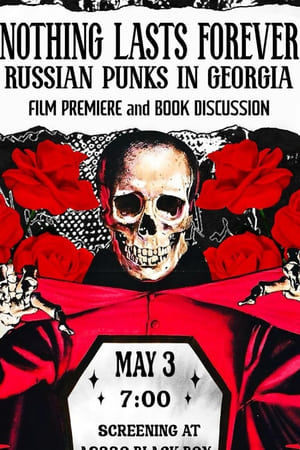 0.0
0.0Nothing Lasts Forever: Russian Punks in Georgia(en)
Since the full-scale invasion of Ukraine, many in Russia's DIY punk scene fled to Tbilisi, Georgia. Mobilization only exacerbated that trend. This documentary follows the stories of some of those punks but also explores the complicated socio-economic effects they have on the city. The film is about the potential for punk and other similar subcultures to make connections even across otherwise tense political borders.

